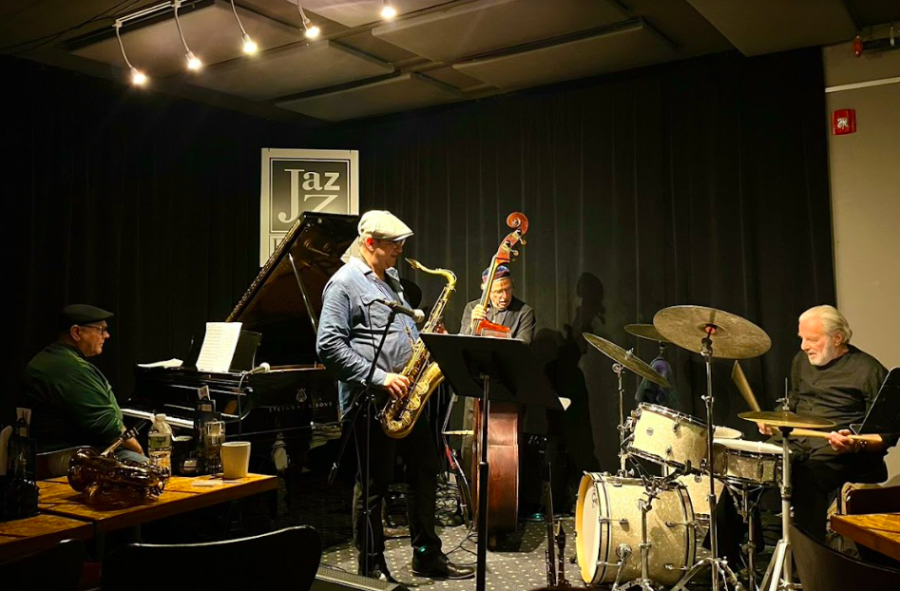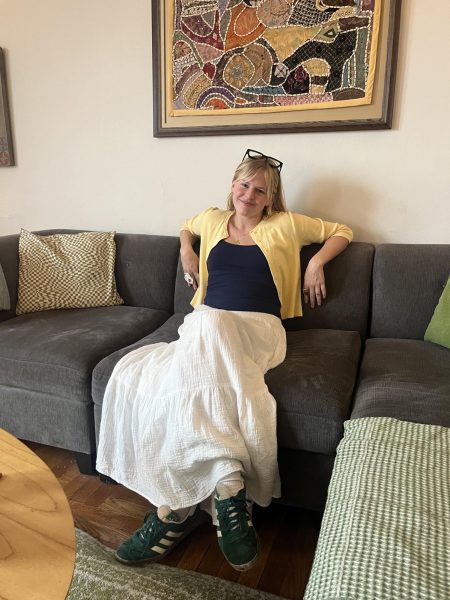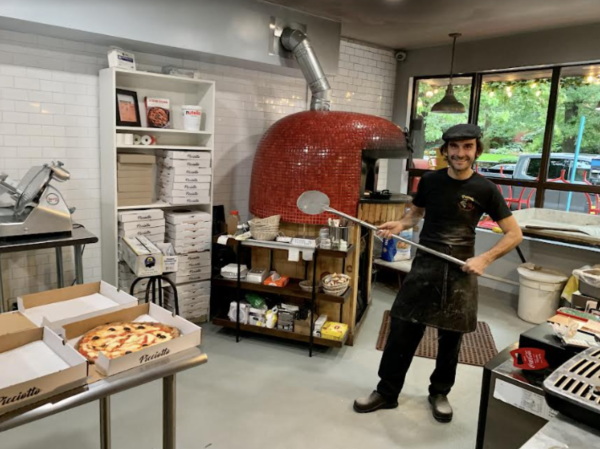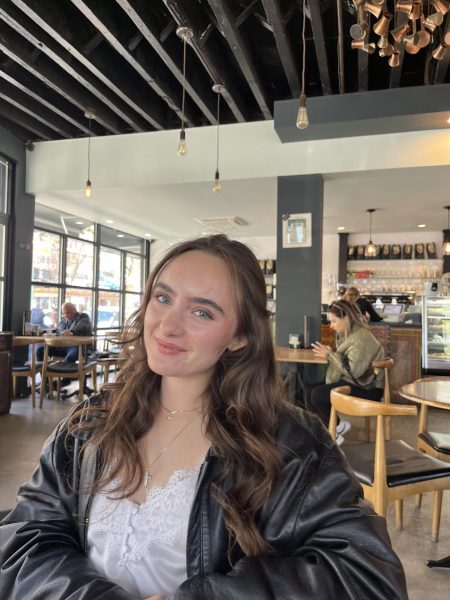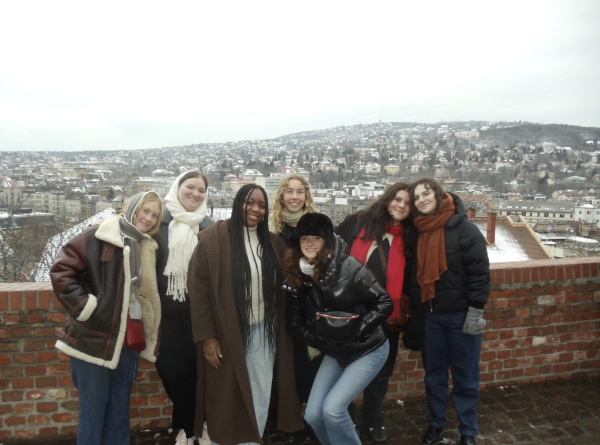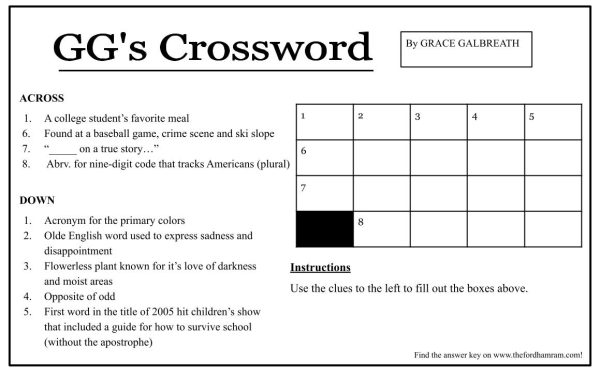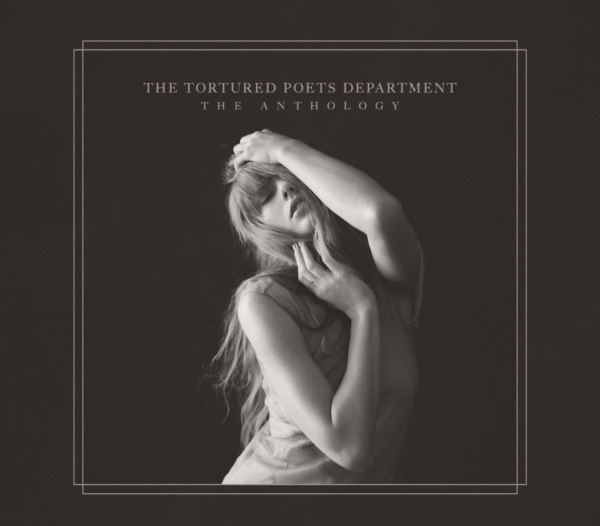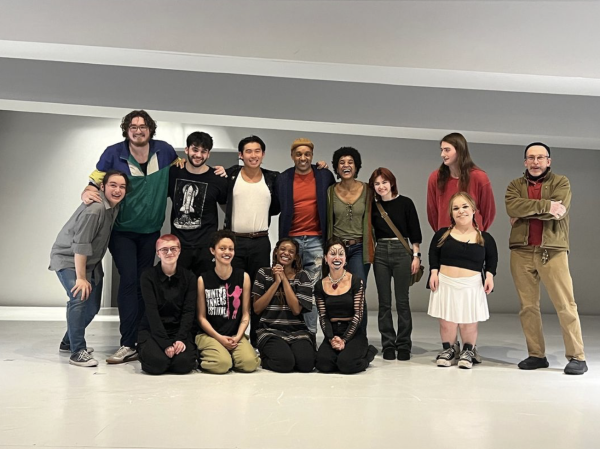Peter Brainin & Friends Wow in Harlem
Last Wednesday, the freezing cold kept most of the neighborhood’s typical nightlife off the Harlem streets. In the basement venue of Room 623, however, a few dozen music fans packed together to create their own warmth. There was a special energy amongst the staff, as Room 623 had just celebrated a year of consistent business after the turbulence caused by COVID-19. Without a doubt, the greatest excitement was surrounding award-winning jazz saxophonist Peter Brainin and his lively quartet.
The show, which featured all original music, began with a quick introduction of the quartet. However, the character of each performer was revealed through the tunes. The first piece “What is that isn’t?” immediately showcased the democracy within the group. Brainin switched fluidly between sax and flute and allowed ample opportunity for each member to improvise as they wished. The result was a show both sporadic and emotional.
“No Twos, No Fives” followed, with drummer Anthony Pinciotti producing an awe-inspiring, minute-long drum solo. The keys player, Silvano Monasterios, was also a highlight, breaking into grooves that took on a life of their own.
“It’s a beautiful performance,” said an audience member beside me. “It just makes you want to move your body.”
The emotional intensity of Brainin’s playing was exemplified in “I Hope We all Make It,” a moving ballad that left the crowd breathless. A woman beside me, who was also a first-timer, commented, “It makes you feel like his soul’s speaking to you.” Brainin became lost entirely in his piece, creating a beautiful connection with the audience.
The band picked it up again with “Go Down Bonus.” Throughout the night, double bassist Peter Slavov created a perfectly rhythmic platform for the other players. In this piece, however, he really shined, unleashing a fury of notes that seemed to come with ease as he threw his fingers around the fretboard.
The final tune, “Placid Jazz,” was a middle eastern response to the 90s acid jazz craze. Brainin took center stage once more, playing himself into an intensely improvised vortex. The performance was met with roaring applause. The musicians took a small break before regrouping for a jam session.
Brainin and his quartet play each Wednesday in Room 623, but represent only a small portion of the venue’s offerings. There are live performances each Friday and Sunday too, and they include diverse acts which range from singers to Brazilian bands. After the show, I had the chance to speak with Slavov and ask him a few questions about jazz in New York. He recommends that all Fordham students dive into the deep end of live performances and “go [to] as many places as possible.”
As someone who had never been to a live performance in New York, I was nervous and excited. However, the club had a good mix of newcomers and seasoned jazz listeners. Brainin built a great connection with the audience through the fantastic music of his quartet and by making jokes and conversing with people throughout the night. Room 623, which is quite small, helped create a very intimate experience, and it’s not hard to see how it consistently attracts newcomers and retains current fans.
Of course, the best part of the night was the music itself. The quartet’s members had an incredible way of showcasing their unique styles while maintaining harmony. Brainin carried out his role as band leader exceptionally well, knowing exactly when to step up and when to allow others to play on. As a result, the night was filled with dynamic and powerful pieces which always left you wanting more.
Hearing recordings of improvisation in jazz is one thing, but seeing it live is another. There is an indescribable beauty about hearing a musician pour their heart into the instrument and allowing it to speak for them in that very moment. The whole point of jazz, said Brainin, “is to connect together.”

